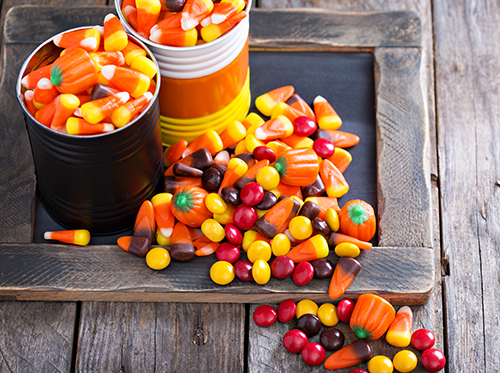
Modern orthodontic technology has changed the way you wear braces. Brackets are smaller and come in a variety of shapes and colors. Wires are more efficient. Clear aligners can eliminate the need for brackets and wires altogether. And your high-tech advantages don’t stop there—today’s digital X-rays make creating your treatment plan even more convenient and efficient.
Why Are X-rays Necessary?
Beautifully aligned teeth and a healthy bite are the visible result of your orthodontic work, but there’s a lot going on above and below the surface that needs to be discovered and taken into account before your treatment even begins. X-rays help Dr. Grant evaluate:
- The size, shape, and position of your teeth, including impacted teeth and wisdom teeth
- The size, position, and health of your roots throughout treatment
- The size and shape of your jaw bones, and how they affect your teeth alignment and bite
- Your progress during different phases of treatment
- The most effective type of retainer for protecting your beautiful smile after treatment.
How Do X-rays Work?
Traditional X-rays, or radiographs, make use of film just like traditional cameras. When you have an intraoral X-ray, for example, the film is sealed in a moisture- and light-proof packet, and placed inside the mouth to capture images of specific teeth and the bone around them.
The X-ray machine is aligned precisely with the film and an exposure is taken. The image at this point is latent, and won’t show on the film, because, just like photo film, traditional radiographs need to be chemically processed before they produce a visible image.
Digital technology, on the other hand, uses an electronic sensor instead of film. For an intraoral digital X-ray, a small sensor is positioned in the mouth just like a film. When the X-ray is taken, a digital image capture device produces an image which is formed by a matrix of pixels instead of a photo-like film exposure. This format allows the image to be sent directly to a computer for immediate display without requiring processing.
Even though these methods seem very similar, digital X-rays offer some significant advantages over traditional films. Let’s look at how they compare, more or less.
- More Diagnostic Advantages
A traditional X-ray is a fixed image. It cannot be modified or enhanced. Here the digital X-ray offers a clear advantage in evaluating your teeth and the bone structure surrounding them.
Just as you can enlarge certain types of images on your computer without blurring or losing detail, a digital X-ray uses computer software to magnify images while keeping their details sharp. They can also be enhanced through brightness and contrast applications to make details stand out even more.
There is even digital subtraction radiography software available that can be used to compare recent images to older ones, removing (“subtracting”) all the similarities in the two images to display only the changes in the two—even small changes—that have taken place over time.
- Less Exposure to Radiation
Modern technology means traditional X-rays expose patients to less radiation than ever before, but digital X-rays have significant advantages here as well. Radiation exposure can be reduced by an additional 10%, 20%, or more with a digital radiograph.
And while all types of dental X-rays expose you to very little radiation, it’s always best to reduce exposure whenever possible.
- More Convenient for Sharing and Transmitting
If you need to share your X-rays with another dentist or physician, digital technology allows you to simply have them e-mailed to another office or multiple offices. You no longer need to worry about preserving physical copies, either.
Unlike traditional X-rays, digital X-rays don’t need to be processed, so you save time in the office. And while the processing time is not significant (usually several minutes), if you need to repeat some X-rays for a clearer picture, or require different images for several teeth, this time can add up.
Digital X-rays are also more eco-friendly. The fact that they don’t need to be developed means that the chemicals used to process traditional films are no longer necessary—which also means that there is no need to dispose of chemical waste products afterward.
Our goal is to provide you with the safest, most efficient, and most effective treatment possible. Digital X-rays are an important tool for orthodontists, helping us to provide you with the best treatment plan possible. If you have any questions about digital X-ray technology, contact our Douglasville or Union City office. We’re happy to explain the science—and the benefits—behind this high-tech diagnostic tool.





